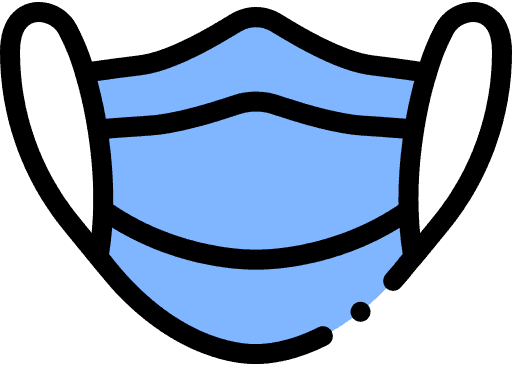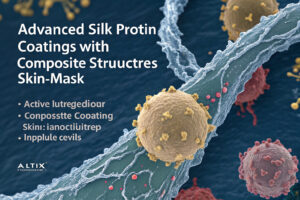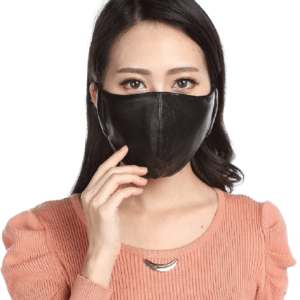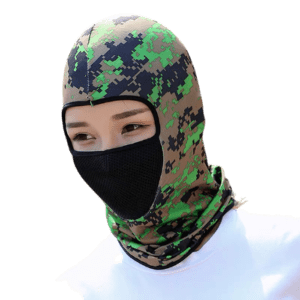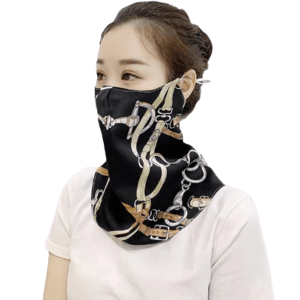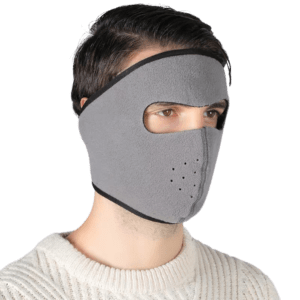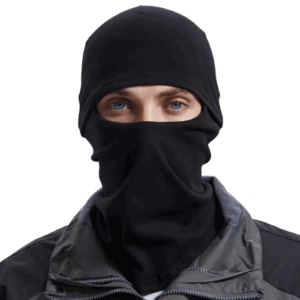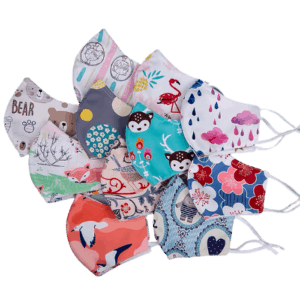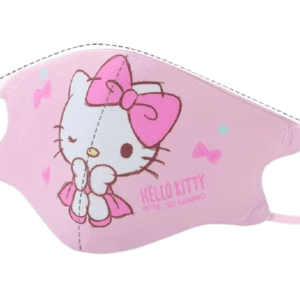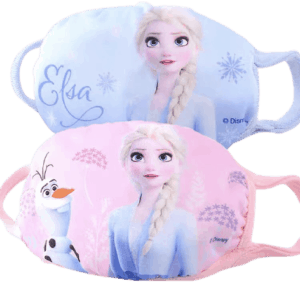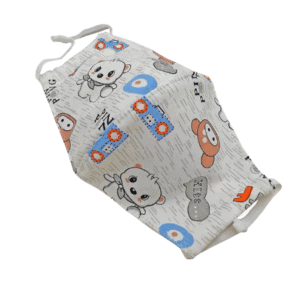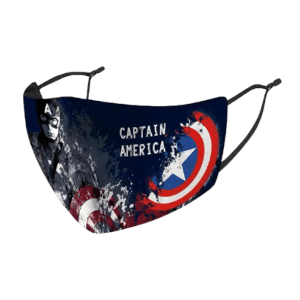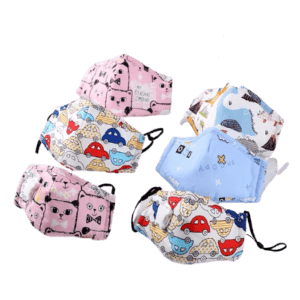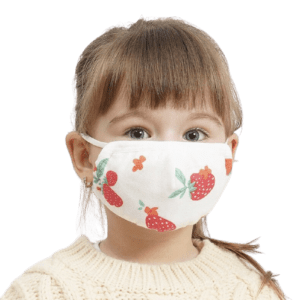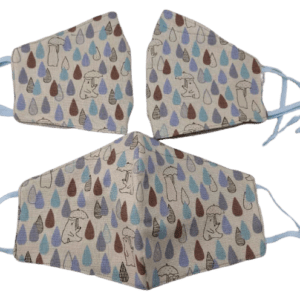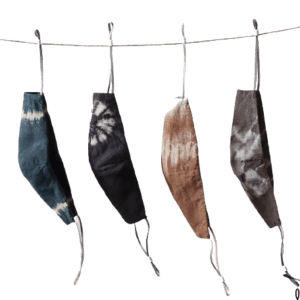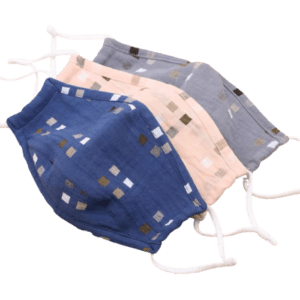When I started building my business in Keqiao, Zhejiang, I quickly realized that supply chain strength is everything. Buyers like Ron from the U.S. often face late shipments, inconsistent fabric quality, and high tariff costs when their suppliers lack industry partnerships. The frustration of delayed schedules and poor finishes can ruin entire product launches.
A supplier with strong partnerships in dyeing and weaving offers more than just fabric—they provide speed, reliability, and quality. These partnerships ensure better lead times, consistent standards, and innovative fabrics that give brands a competitive edge in global markets.
For buyers focused on quality and timeliness, a partner who has local integration with dyeing and weaving factories is invaluable. Let’s dive deeper into how these partnerships directly benefit your sourcing and why they matter in today’s fast-moving apparel industry.
Faster Production and Lead Times
Global buyers often face delays due to disconnected supply chains. If fabric sourcing, dyeing, and weaving happen across separate suppliers, communication gaps increase production time.
When a supplier has strong dyeing and weaving partnerships, the process is streamlined. Orders move directly from design to yarn preparation to dyeing and weaving without bottlenecks. This reduces sample time to one week and bulk production timelines to as little as three weeks.
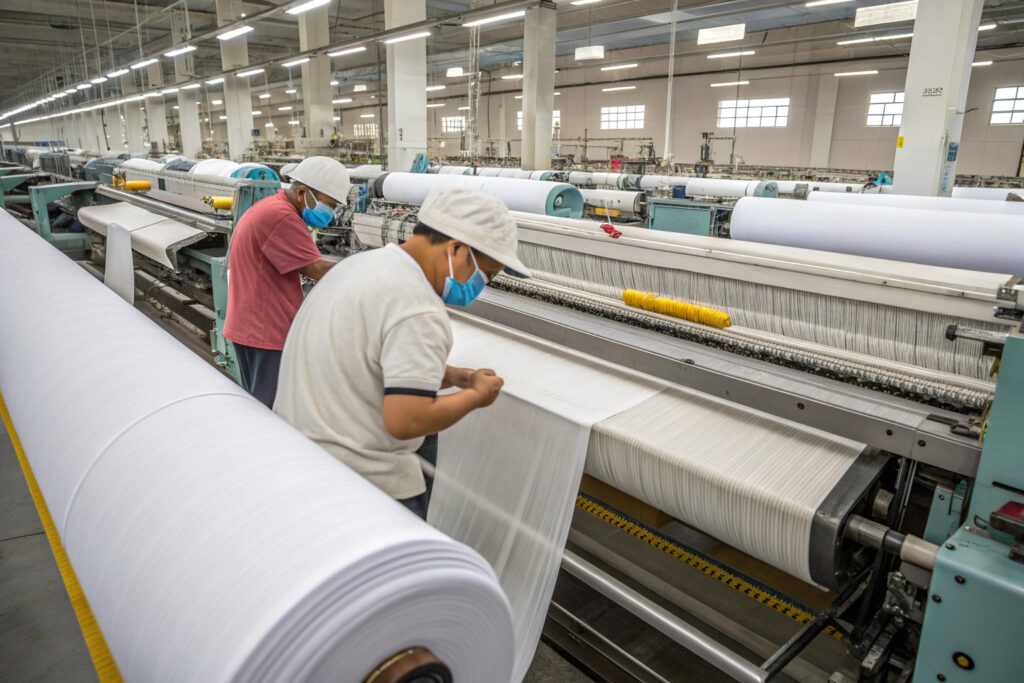
How does this improve delivery schedules?
Close partnerships mean less waiting for machine slots or factory availability. Instead of competing with unrelated orders, your project gets priority in the production line. With real-time scheduling, logistics teams can align fabric finishing with shipping, cutting delays. Buyers benefit from reliable sailing schedules and lower inventory risk. For example, Textile World reports that vertically aligned suppliers cut average delivery delays by 30%.
Why does this reduce costs for buyers?
Time is money in global trade. Faster production means fewer warehousing costs and reduced air freight reliance. U.S. buyers, like those importing masks and fabrics, can rely more on ocean freight instead of paying expensive emergency shipping. This helps reduce total landed costs even in high-tariff environments.
Consistent Fabric Quality
Every buyer knows the risk of fabric inconsistency—different dye lots, unexpected shrinkage, or poor colorfastness can destroy brand reputation.
Suppliers with strong dyeing and weaving partnerships implement end-to-end quality control, ensuring consistent colors, shrinkage rates, and fabric composition across all batches.
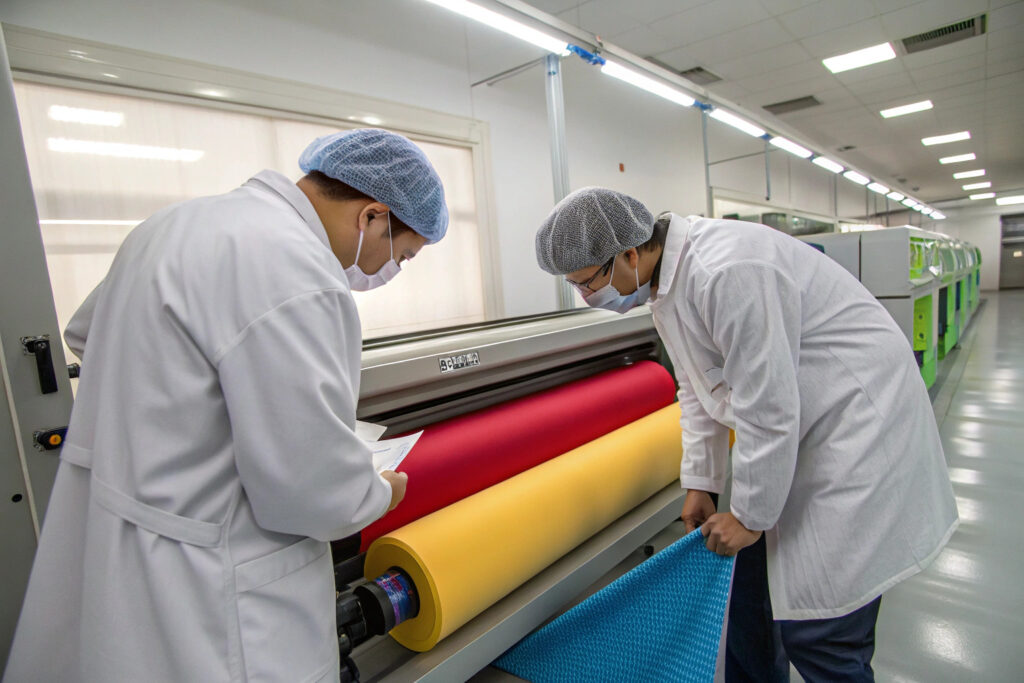
How does in-house testing ensure international standards?
Integrated suppliers run tests on-site: pH value, AZO-free certification, and OEKO-TEX compliance. Results are digitally tracked with QR codes, making it easier for buyers to verify compliance before shipment. According to OEKO-TEX®, certified suppliers reduce claim disputes by over 40%.
What role do skilled technicians play?
Experienced technicians in partner dyeing factories understand fabric behavior across polyester, cotton, and blends. This reduces the risk of uneven dyeing or weak weaving structures. Buyers importing performance wear or face masks benefit from fabrics that retain breathability and elasticity even after multiple washes, as highlighted in Fibre2Fashion.
Innovation and Product Development
For buyers, innovation is key to staying competitive. Markets in the U.S. and Europe shift quickly, and consumers expect both function and fashion.
Strong weaving and dyeing partnerships allow suppliers to co-develop fabrics with buyers, from quick samples to custom functional finishes like antimicrobial, water-resistant, or recycled fibers.
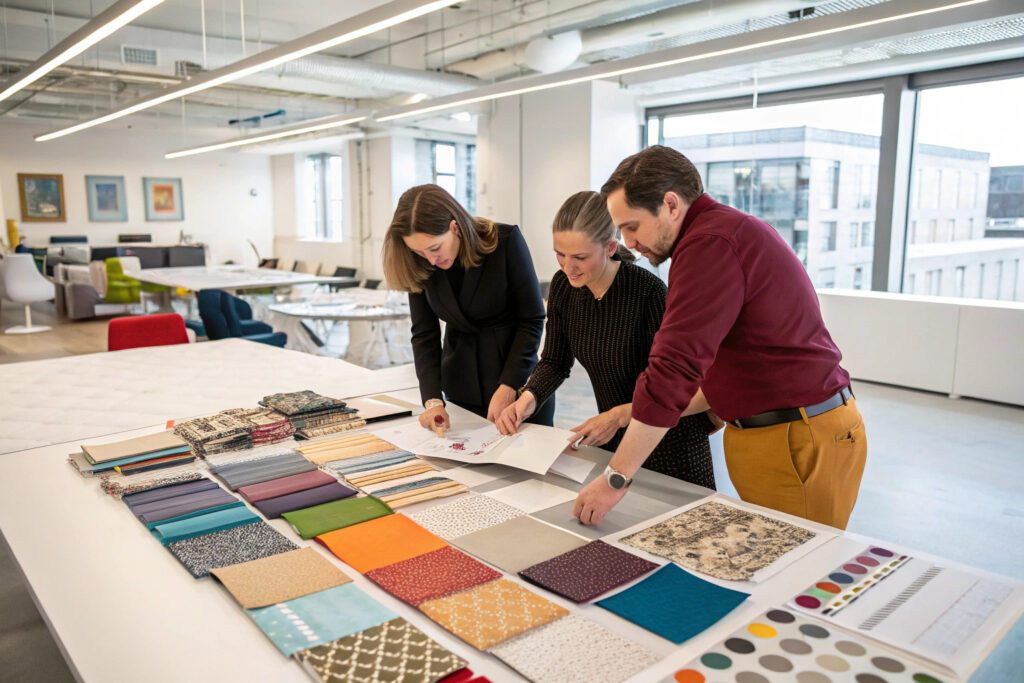
Why does partnership speed up product launches?
Instead of outsourcing to third-party mills, close partnerships give suppliers direct access to new weaving patterns, dye recipes, and finishing techniques. This accelerates the sample approval cycle. Reports from Sourcing Journal show that speed-to-market is a top factor in retail survival.
How does innovation attract global buyers?
Whether it’s a breathable sports mask or a designer-level scarf, product variety drives orders. Buyers find value in suppliers who can provide unique fabrics with a blend of durability, comfort, and sustainability. Sustainable innovations, like fabrics made from recycled polyester, are supported by Textile Exchange, giving brands credibility with eco-conscious consumers.
Better Logistics and Cost Management
Even with the best products, poor logistics can ruin profitability. Buyers often complain about unclear freight schedules, tariff shocks, and inconsistent packaging.
Suppliers with strong industry partnerships coordinate logistics directly with dyeing and weaving factories, ensuring synchronized delivery, better packaging, and reduced tariff impact through smart market diversification.
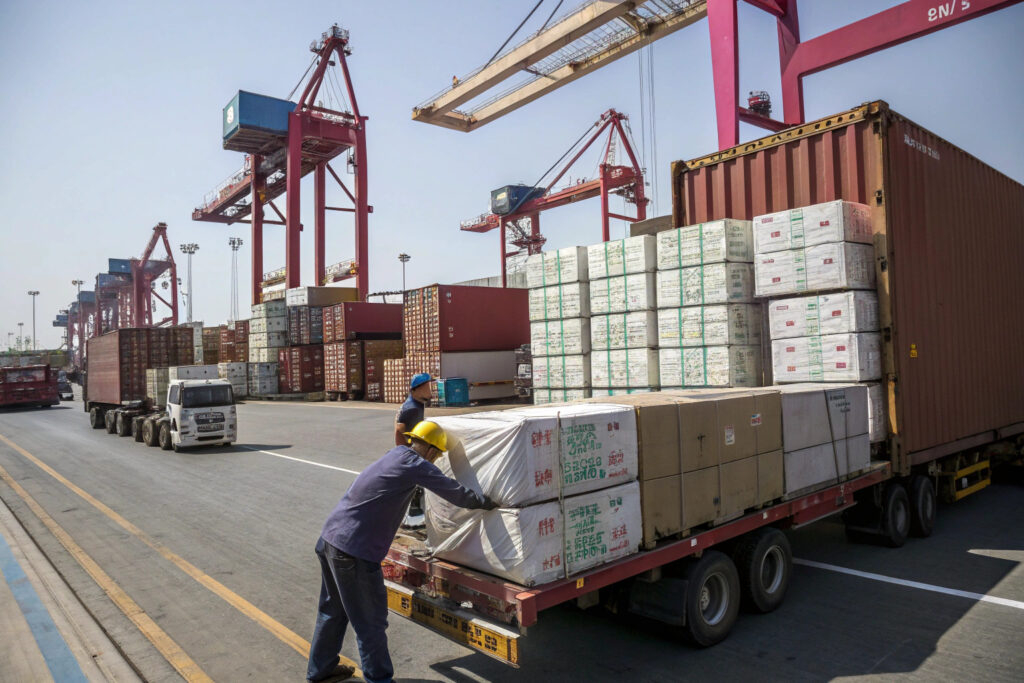
How does this improve shipping efficiency?
By aligning production and shipping, suppliers can consolidate goods at bonded warehouses before export. This minimizes customs delays. According to Export.gov, efficient consolidation reduces clearance time by 20%.
Can partnerships help reduce tariffs and hidden costs?
Yes. Suppliers with diversified partnerships often distribute production across regions in China and Southeast Asia. This helps balance tariff risks and improves cost efficiency. Buyers benefit from lower incoterm-related costs and better control over landed prices, which is critical for scaling in competitive markets.
Conclusion
Strong textile industry partnerships in dyeing and weaving bring real benefits to global buyers. They shorten production lead times, guarantee consistent quality, speed up innovation, and streamline logistics. For U.S. buyers like Ron, these advantages translate directly into competitive pricing, reliable schedules, and fewer risks.
If you are looking to source fabric masks, scarves, or other textile products with full control over quality and timeliness, we invite you to partner with us at Shanghai Fumao. Contact our Business Director Elaine today at elaine@fumaoclothing.com to discuss your custom mask production needs.
